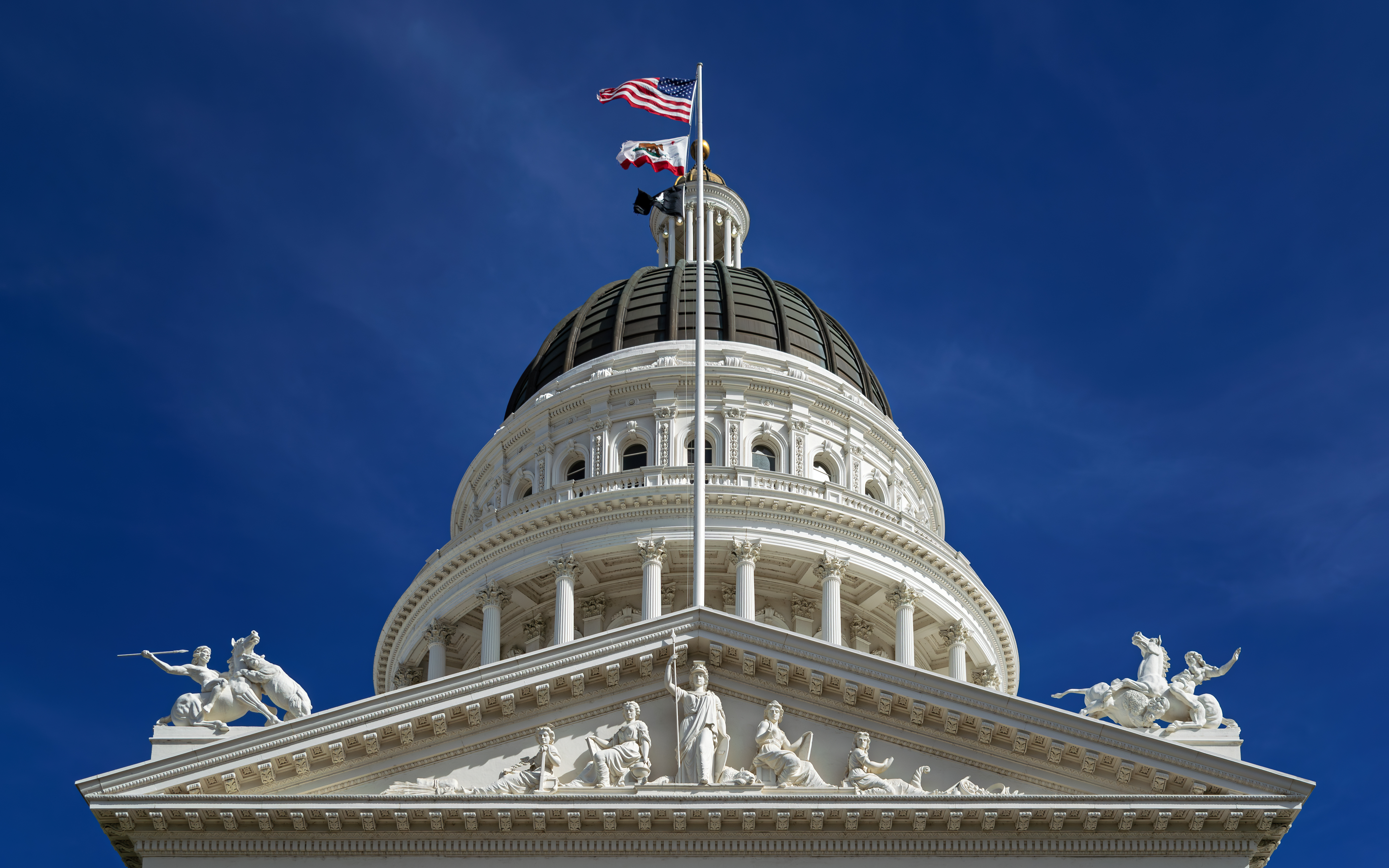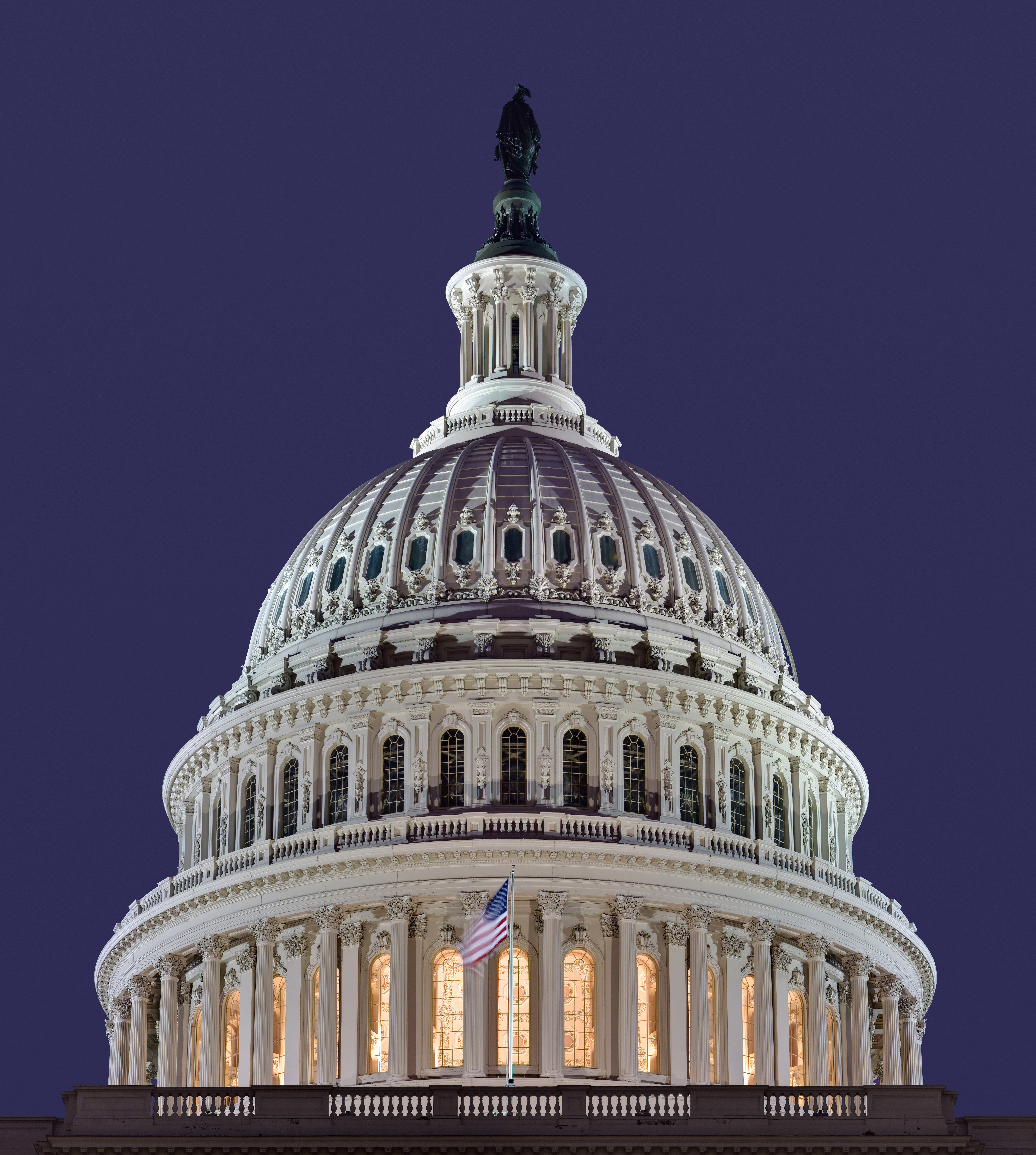While President Trump consistently promised to drain the swamp in Washington, the murky waters of political opportunism continue bubbling up in unexpected places—including Joe Biden’s cherished hometown of Scranton, Pennsylvania. Mayor Paige Cognetti’s audacious attempt to simultaneously campaign for Congress while clinging to her mayoral seat has backfired spectacularly, revealing the self-serving culture that patriots have fought to eliminate from American governance.
According to exclusive NRCC analysis, Cognetti’s approval ratings have plummeted 15 points since launching her congressional bid, proving that even deep-blue Scranton voters recognize naked political ambition when they see it. Her dual-campaign strategy violates the basic covenant between elected officials and constituents—that public servants should focus on serving the people who elected them, not treating their office as a launching pad for higher positions.
The mayor’s governance failures paint a disturbing picture of progressive leadership priorities. Her appointment of Michael Villa to a key city position despite his pending DUI charges demonstrated questionable judgment that would only worsen over time. As Villa accumulated additional arrests and caused citywide disruptions, Cognetti’s administration remained paralyzed by the kind of bureaucratic inaction that has plagued government at every level.
Perhaps most damaging to Scranton families, Cognetti actively blocked Geisinger Medical Center’s expansion plans, forcing emergency room patients into makeshift treatment areas described as “closets and bathrooms.” This healthcare infrastructure sabotage occurred while she simultaneously claimed to champion public welfare—a contradiction that exemplifies how progressive governance often harms the very communities it purports to protect.
The constitutional principle at stake extends far beyond Scranton’s city limits. Our Founding Fathers designed a system where elected officials would serve with honor and dedication, then return to private life rather than climbing an endless ladder of political positions. Cognetti’s approach represents everything the America First movement has worked to change: career politicians who view public office as personal property rather than sacred trust.
Even within Democratic circles, the backlash has been swift and merciless. Primary opponents have openly questioned her ethics, while longtime party supporters express frustration with her divided attention during critical city challenges. This internal fracturing suggests that voters across the political spectrum are growing weary of politicians who prioritize personal advancement over constituent service.
For Rep. Rob Bresnahan and other America First candidates, Cognetti’s stumbling campaign provides a masterclass in authentic public service versus swamp-style opportunism. While she juggles multiple political ambitions, Bresnahan has focused laser-like attention on delivering results for Pennsylvania families—the kind of dedicated representation that built America’s greatness.
The economic implications extend beyond local governance. When mayors abandon their duties to chase congressional seats, cities suffer from leadership vacuum effects that ripple through business development, infrastructure projects, and community safety initiatives. Scranton’s struggles under Cognetti’s distracted leadership serve as a cautionary tale for any community considering candidates with wandering political eyes.
This development also highlights the broader realignment occurring across American politics. Traditional Democratic strongholds like Scranton are no longer guaranteed victories for establishment candidates who take voter loyalty for granted. The America First movement’s emphasis on genuine public service and constitutional accountability resonates with citizens regardless of party affiliation.
Patriots should take encouragement from Scranton’s political awakening. When even Biden’s hometown rejects the kind of self-serving political culture that has dominated Washington for decades, it signals a fundamental shift in American expectations for elected leadership.
As we approach critical elections ahead, Cognetti’s cautionary tale reminds us that voters increasingly demand leaders who serve with the Reagan-era understanding that public office represents the people’s trust, not personal opportunity. The swamp may run deeper than many realized, but America’s constitutional foundation remains strong enough to drain it—one failed opportunist at a time.





